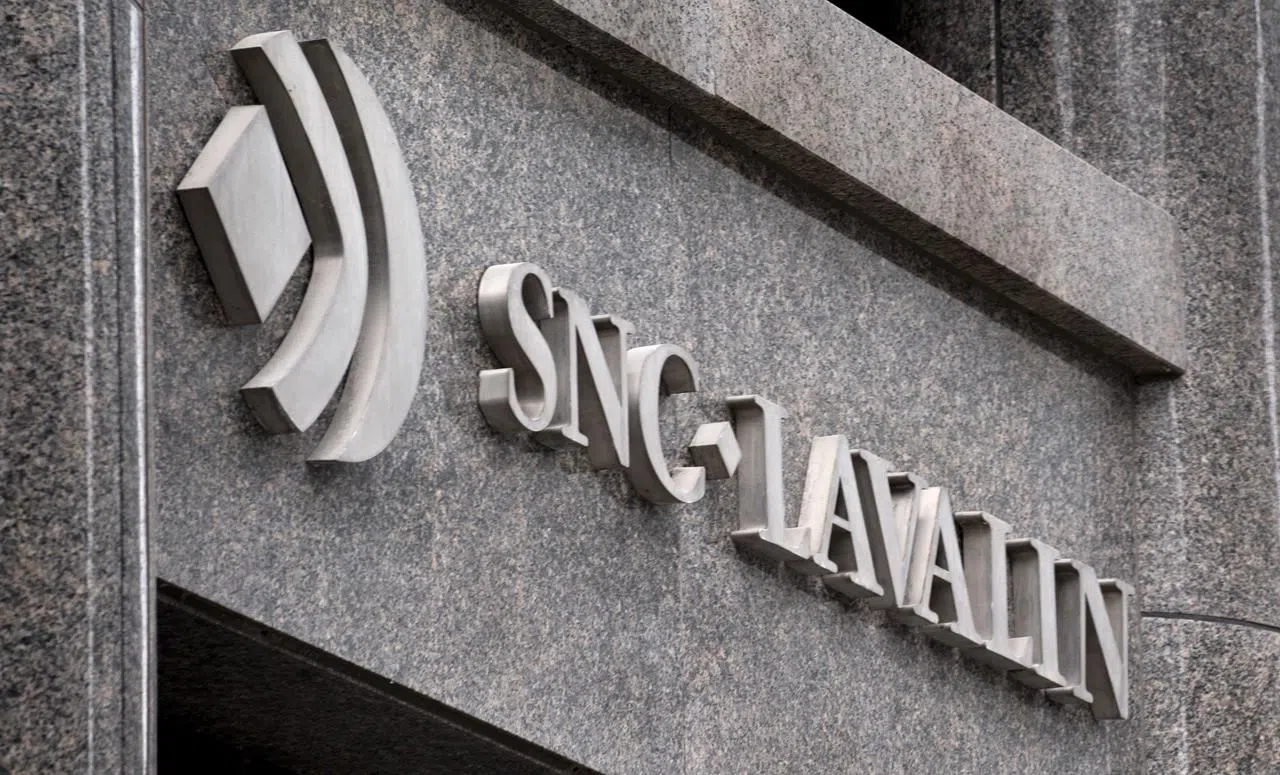
PMO ordered review that spawned measures that could help SNC-Lavalin: memo
OTTAWA — Two policy moves that could help beleaguered SNC-Lavalin came out of public consultations on federal anti-corruption measures that a newly disclosed memo says were ordered by the Prime Minister’s Office.
Prime Minister Justin Trudeau’s staff directed Public Service and Procurement Canada to consult in 2017 on both its overall integrity regime and the possibility of introducing formal alternatives to prosecuting financial crimes, says the internal briefing note, released under the Access to Information Act.
The document was intended to prepare the department’s deputy minister for an early 2018 meeting on the outcome of the process.
Last year, following the consultations, the government passed legislation to create what is known as a remediation agreement — a means of having a corporation accused of wrongdoing make amends without facing the potentially devastating consequences of a criminal conviction.


